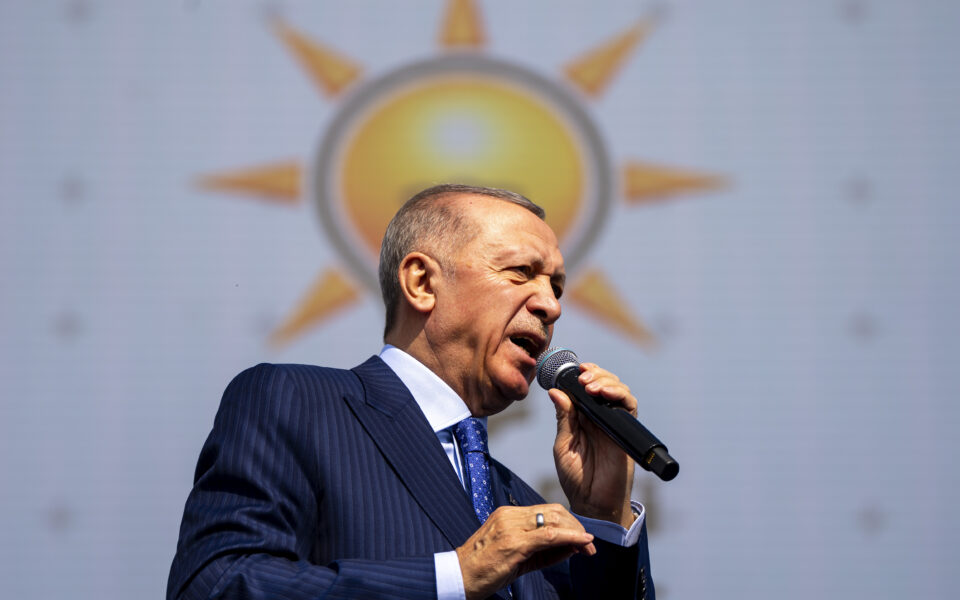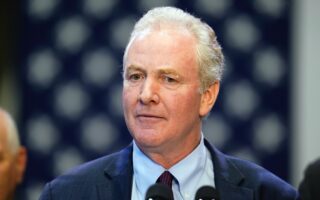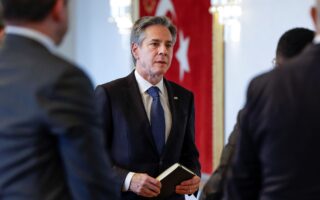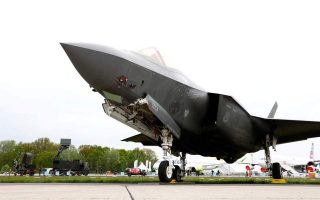Erdogan’s foreign policy: Continuity amid electoral setback and global engagements

There is talk of a new era in Turkish politics. Following the recent local elections, all sides agree that President Recep Tayyip Erdogan is the big loser. With Turkey’s economic challenges the paramount concern, foreign policy played a marginal role in the electoral discourse. Remarkably, amid the multitude of analyses, the foreign policy implications of the election outcome are scarcely addressed.
Upon closer scrutiny, two discernible trends come to light. One school of thought proposes that Erdogan, now weakened domestically, could regain lost trust on the far nationalist right of the political spectrum by employing radical nationalist rhetoric – a tactic he has deftly utilized in the past by instrumentalizing foreign policy to mobilize voters.
An alternate interpretation posits that the Turkish president’s foreign policy decisions transcend mere domestic calculations. Following last year’s parliamentary and presidential elections, Ankara embarked on a strategic realignment aimed at repairing relations with neighboring countries. The Greek-Turkish detente is one example of this shift. There is much to suggest that Erdogan will stick to this line.
Looking ahead, Erdogan’s agenda is underpinned by two dominant objectives: revitalizing the ailing economy and positioning Turkey (and himself) as a key player in global geopolitics. Erdogan’s aspiration to engage on an equal footing with world leaders reflects a desire to have a say in critical international issues.
Crucially, economic recovery and geostrategic advancement are interlinked. Both goals are not compatible with a foreign policy that – as we have seen in recent years – has led Turkey into isolation.
In the forthcoming weeks and months, Erdogan’s diplomatic engagements will be in the international spotlight more than once. Egyptian President Abdel Fattah El-Sisi is expected to pay an official visit to Ankara at the end of next week. Sisi is returning Erdogan’s visit to Cairo last February. Ankara’s new relationship with the most populous Arab country has the potential to change the geostrategic map in the Eastern Mediterranean.
A trip to Baghdad is on the Turkish president’s agenda shortly afterward. Erdogan wants to establish a common front against the Kurdish PKK with the Iraqi government.
Barely back from the neighboring country, Erdogan is expected to welcome Vladimir Putin on his repeatedly postponed visit to Turkey, according to Turkish media. The war in Ukraine elevates the Russian-Turkish summit to an event of foremost geopolitical importance. One of the very few politicians of rank with working relations with both warring parties, Erdogan will once again offer himself as a mediator.
The visit by German President Frank-Walter Steinmeier to Ankara, planned for the end of April, has a high political symbolic value, even if it is more a matter of protocol. Still, improved relations between Ankara and Berlin may herald new progress in Turkey’s relations with the European Union.
The culmination of Ankara’s diplomatic overtures will undoubtedly be Erdogan’s visit to the White House on May 9, which has now been officially confirmed by both sides. It will be the first time that President Joe Biden receives the Turkish president at the White House – a special diplomatic treat seen also as a reward for Ankara’s ratification of Sweden’s accession to NATO.
In Washington, President Erdogan will engage in negotiations regarding the financial aspects of acquiring F-16 fighter jets for the Turkish Air Force, while also seeking an acceleration of their delivery. Additionally, he will offer Turkey’s mediation efforts in the conflicts in Gaza and Ukraine.
Erdogan’s success in presenting these proposals in Washington hinges on his ability to adopt a cooperative and constructive stance. Of particular importance to American interests is Turkey’s behavior toward Greece. The recent improvement in Turkey’s relations with the West and the US coincides with a reduction in tensions between Athens and Ankara.
A significant upcoming event in this diplomatic process will be the scheduled visit of Greek Prime Minister Kyriakos Mitsotakis to Turkey in May. It’s noteworthy that the upcoming Greek-Turkish summit was arranged well before the Turkish local elections. Erdogan’s defeat in these elections is inconsequential to Turkish foreign policy and, consequently, will not impact the trajectory of Greek-Turkish relations.
Dr Ronald Meinardus is a senior research fellow at the Hellenic Foundation for European and Foreign Policy (ELIAMEP).





